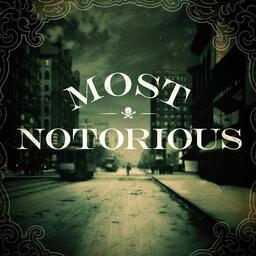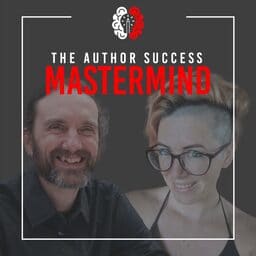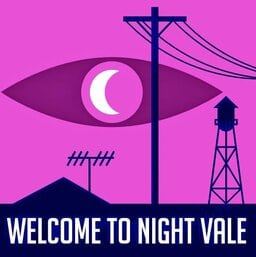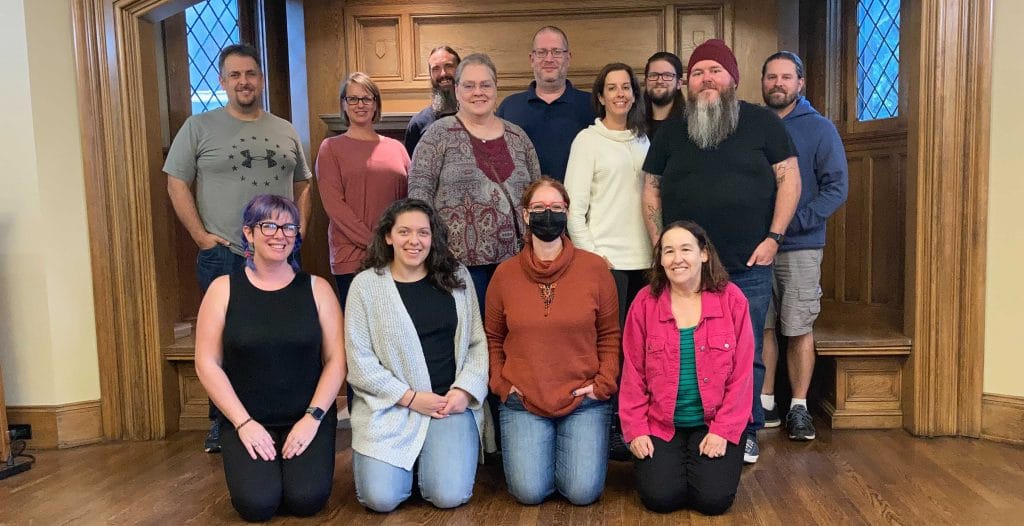A curated collection of the latest and most interesting podcast episodes about the author life.
Hey there writers! I’m Miss. Catherine MH, a dyslexic-ADHD writer, editor, podcaster, and writing coach. I love to write steampunk novels that tend to have a dark vibe under all the shining metal. My preferred steampunk is one that is closely related to the historical Victorian Era. In doing so, I have to do a bunch of research into not only the classes and social norms of the time, but the technology and medical advancements. Because of my love of worldbuilding and research, most of my podcasts help me with my writing style and focus. Without further do, fire up the engines and put on your monocle. Let’s get to learning!
Top 3 Must-Listen Episodes
Writer at Work Podcast // S3 E1: Writing GSM Diversity

This month’s main episode is about including realistic relationships in your writing. Miss. Catherine MH is a straight, sic-female who comes into this writing experience with an open mind. Over the years she’s found it hard to get tips on how to write characters who don’t share the same gender identity. Most of the time she received the dread “don’t write what you don’t know!” or “You’ll only insult someone if you try!” Kit Boyer is a pansexual sic-woman who had difficulty finding proper representation in literature. She’s made it a goal to include and write with the GSM community in her stories so that others have representation.
Together the two have decided to give some tips to help writers create more diverse relationships. This is a great episode for people who are just starting out or those looking to freshen up their skills. Not every relationship, especially if you write in a modern setting, will be heterosexual. There are all kinds of people and they too have different types of relationships.
The episode will cover several tips to help you write better. Here’s an overview of the topics: -How to learn about LGBQT+ communities: Kit gives some great advice on where to start looking to better understand. She talks about the different types of word choice, places that GSM communities might meet, and the different terms that could help a writer narrow their focus of understanding.
-How relationships work the same no matter the next: Catherine talks about how every relationship has some of the same problems and fixes as others; things like stealing the covers or trying to get a significant other to pick a place to eat.
-What things could be very different from a heterosexual relationship: Catherine also talks about thinking of the things that are easy for a heterosexual couple to do that might be difficult for others. Such as coming out and telling people, being judged for kissing someone, and even bringing your partner home to meet the family.
-How to write what you know and then turn it gay: Kit goes on to talk about how writing what you know and then shifting the pronouns, body parts and names could be a simple way to get started since people are still people.
-How beta readers can help you write inclusion better: Catherine and Kit explain how important it is to have someone read over your work to help you catch something you might have missed. Reaching out to the GSM community for betas will also help you improve your writing and help your inclusion.
Write Away Podcast // Episode 80: How do you figure out your theme?

JP Rindfleisch and Crys Cain go over what is Theme and how to find it. JP’s deep understanding of theme has helped his writing immensely and is now sharing the tricks he uses with the gentle questioning from from Crys.
According to JP, theme stands to the point or intention of the story. It’s a statement that brings the core of story together. In order to find this statement, he recommends a few steps.
1. You must know your character’s wants and needs. They must a line with the theme you’re trying to come up with. If they clash, the theme or characters need to be reevaluated.
2. Genres have themes that go along with it. Readers expect them. If you’re writing in that genre then you should look into the themes present there and see how you can make a statement that coincides with it. JP’s example is: with Post-Apoc the theme always surrounds survival.
3. Internal changes with the character will reflect the external changes around them. His example was in the “The House in the Cerulean Sea” the main character’s internal changes, opening up to others, was reflected when others opened up to him in return. The moment the character closed off others did too.
JP stresses that the theme can and should be used to help drive the plot forward. It’s important to understand the character and the needs they have because it will move the character along the story and since their needs helps with the statement, it’s a continuous loop to help one write. If you plot, the tip is to figure out the plot you wish to have, the characters of the world and the genre you are writing in. From there toss topics you wish to cover and see what best fits the Plot-Character-Genre you just created. From there create a statement. The statement will help create scenes and you’ll be trying to prove the theme throughout the story. If you write it consciously, then the theme will have a greater impact for the reader
Most Notorious! A True Crime History Podcast // EP 229: The Catskill Ripper: Lizzie Halliday w/Kevin Owen

Kevin Owen, author of “Killing Time in the Catskills: The Twisted Tale of the Catskill Ripper Elizabeth “Lizzie” McNally Halliday”, is interviewed by Erik Rivenes.
Owen goes into great detail to describe how Lizzie killed her husband Paul and two other women in her backyard. She’d gone through the trouble of killing him and stuffing his body under the floorboards in the kitchen. The two women, she stripped, tied up and shot multiple times before leaving their bodies in the composting heap on the farm. In order to hide the fact that she killed him from his sons she came up with a lie that seemed believable. Without the proof though, they had no way of knowing if it was true. The local law enforcement and her husband’s sons came up with a plan to search to house. It was then they discovered he bodies and were able to arrest Lizzie.
Owen states that the story doesn’t end there. Lizzie had been married five times and never once divorced. She’d been involved in crime for a long time and favored arsonist. She burned a shop to the ground to get insurance money during a historic blizzard. Lizzie burned a house to the ground with Paul’s son inside to kill him. She even changed her name when she was arrested to cover her tracks. Lizzie kidnapped women who she later murdered on her property. In prison, her reign of terror continued.
With many of histories famous killers, there comes a mythology around them. He explains his deep dive into research that included trying to put himself inside the mind of Lizzie. What names would she use to cover her tracks? What stories would she tell people? How well did she let others know her?
He shifted through the stories told by the locals and traced all the hard evidence. All those little pieces helped him look back through the papers and statements of the time to find the full story of Lizzie.
Without the dedication, her story wouldn’t have been told as well. His book is known as the most complete and factual telling of Lizzie’s life. It goes to show that with research a true, compelling crime story can be just as amazing as any fictional novel.
The Latest from The Author Success Mastermind Podcast
OUR LATEST EPISODE // 48: Why should authors care about NFTs?

This week authors J. Thorn and Crys Cain talk all about NFTs and the possibilities they are bringing to the publishing world.
The Wildcard: Interesting Episode from a Non-Writing Related Show
Welcome to Nightvale // EP 1- Pilot

Welcome to Night Vale is a storified radio show of a fictional town, Night Vale, in a desert. The town is filled with conspiracy theories and wild stories that are all true inside the small community. While the first episode seems to jump to all kinds of different stories, it gives the listener a chance to get to know the town. The town itself becomes it’s own character. Just a few of the things that are touched on in the town are:
1. A dog park that shouldn’t be looked at.
2. Helicopters that watch over children only sometimes.
3. Rival schools.
4. And Carlos the new comer to the town. He’s there to study the town as much as the town is studying him.
Not only is it a fun listen to, but Welcome to Night Vale has some great story telling and can teach a writer a great bit.
The dialog of the story is told from the news reporter at the station. As a writer you can hear the way the voice shifts with the tops and can place the facial expressions. Story telling: The small chunks give a great deal of detail into the life of the town. You start to feel the character of the place and the strange things that are to happen. If you are interested in the Three Cs. This is a great place to try and pin point some. The stories are short in the news casting and get right to the point. There’s a conflict, a choice and a consequence in almost every exert. Just follow the story of Carlos for example.
Conflict: There is a strange town out in the desert that boggles all scientific understanding.
Choice: He choices to go and stays in the town to study not only the town but the people.
Consequence: He must try to explain the strange things to a town that believes everything strange is just a normal every day to day thing.
It’s a great way to not only listen to an amazing and funny story, but a way to sharpen your writing skills. While one could start anywhere they wished in the 200+ episodes, there are a few over arching character development and story plots that span over the course of one season. For anyone writing serial fiction it’s a great way to show how to stretch out some of the plot points. Take a listen, and you might just start to find the strange things in your town are real too.
Inside The Author Life
Do your research. Or else!

Get the APB delivered straight to your inbox!
Need some help with your story?
Three Story Method certified editors are standing by, ready to help you become a better writer. Click on our picture or visit https://theauthorlife.com/editing/ for more details!
Posted in Author Podcast Broadcast


